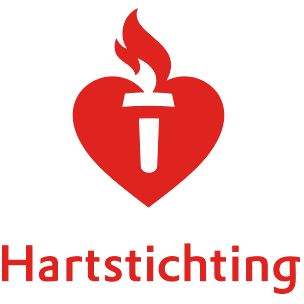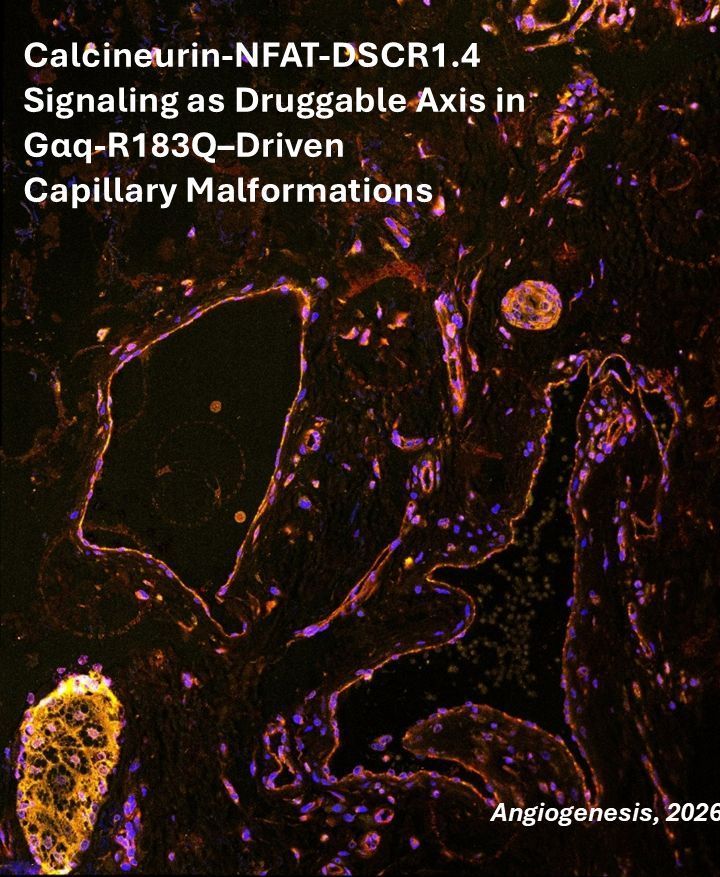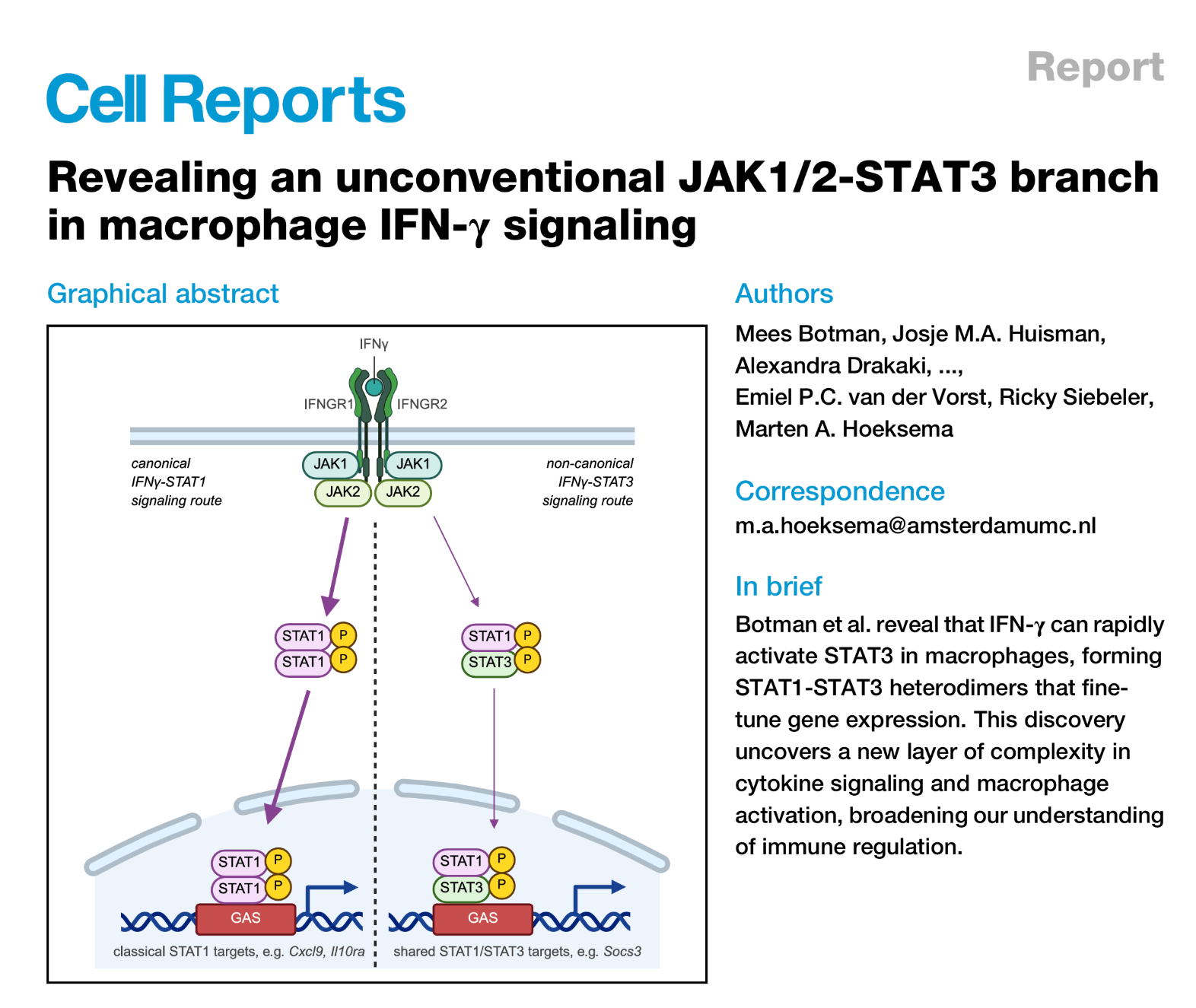The Dutch Heart Foundation has awarded a Senior Scientist Dekker grant to Marten Hoeksema. Dekker grants are personal research grants for talented scientists that are awarded annually. With the grants, the Heart Foundation enables researchers to take the next step in their careers. The Dekker grant helps them to set up and expand their own research line in the field of cardiovascular research

Hoeksema studies the most common underlying problem of cardiovascular disease: atherosclerosis.
It has recently become known that, during the process of atherosclerosis, foam cells can also become active inflammatory cells. These inflammatory foam cells create more inflammation and a weaker plaque that is more likely to rupture and as a consequence can cause a heart or brain attack more quickly. Hoeksema will investigate exactly what transcription factors are responsible for the foam cells to become inflammatory foam cells.
If Hoeksema can answer this question, the next step is to develop drugs aimed at inhibiting the culprit transcription factors. This will prevent foam cell from becoming inflammatory and lower the risk of a plaque rupturing. Hoeksema: "In this way, I want to develop well-functioning anti-inflammatory drugs that specifically target arterial calcification. I hope that with these drugs we can prevent many heart and brain attacks in the future."
For more information on the awarded Dekker Grants, you can visit this page.


